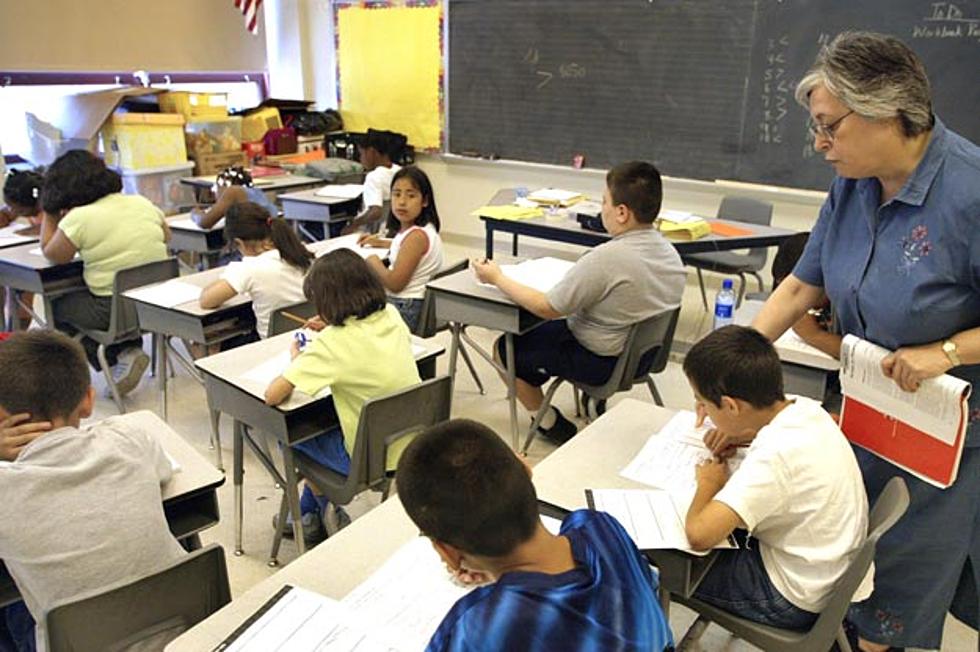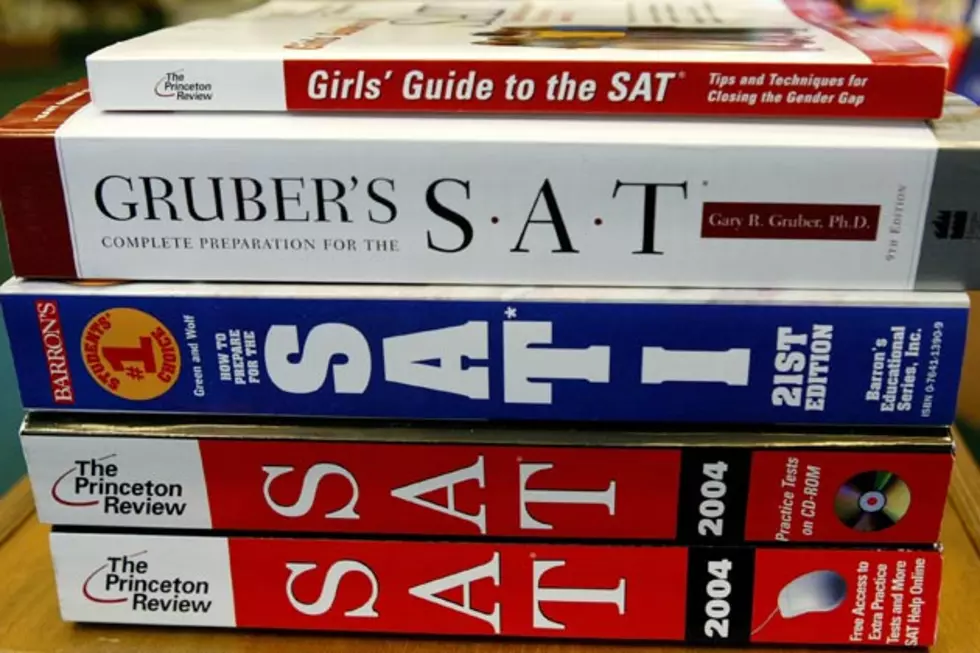
If You’re an American, There’s a Good Chance You Would Fail a Citizenship Test
Nearly a third of Americans would get a big fat “F” on a citizenship test, according to a new study. The lack of knowledge mostly pertains to civics questions.
The Center for the American Dream at Xavier University came up these findings via a survey that posed 10 random questions from the actual citizenship exam to 1,000 Americans who were 18 and older.
The questionnaire found that most citizens that were born here “do well” on basic questions about history and geography. On the flip side, native citizens had trouble with questions about the principles and features of government.
The lack of civics in public school curriculum is likely to blame for the deficiency in knowledge. Gene Koo, director of iCivics, an education non-profit said, “We always assumed that those who grew up here were getting that in the school system. That stopped being true a couple decades ago, and you can see the results of that in this study.”
What’s staggering, though, is the fact that while 60 percent of Americans would pass the test, immigrants applying for citizenship pass at a much higher rate of 93 percent. Michael Ford, the director of the Center for the American Dream, pointed out something somewhat terrifying, saying, “If we are civic illiterates, the chances of losing our freedom is greater than being invaded by aliens or a foreign country.”
Here’s a look at some questions from the that are often answered wrong:
- How many amendments does the Constitution have?
- The Federalist Papers supported the passage of the US Constitution. Name one of the writers.
- What is the rule of law?
- The House of Representatives has how many voting members?
- What are two rights in the Declaration of Independence?
- Who was president during World War One?
And here’s the question that received the highest percentage of correct answers:
- What is the name of the Speaker of the House of Representatives now?
More From KOWB 1290







![You Won’t Believe How Many Families Do Not Have a Bank Account — Dollars and Sense [POLL]](http://townsquare.media/site/241/files/2012/09/Bank.jpg?w=980&q=75)

